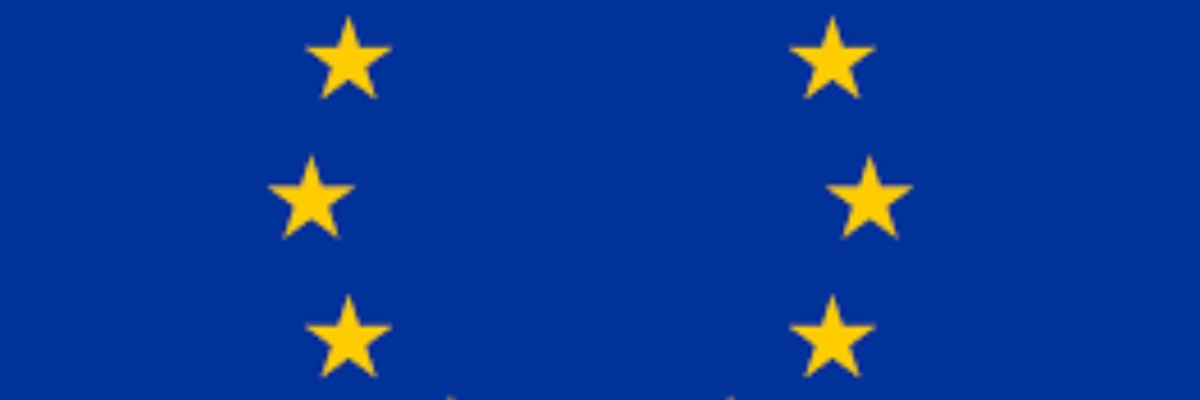European School & Euregio Profile School
"The foreign as enrichment"
Anyone visiting Gronau can discover the influence of different cultures and countries everywhere. City life is characterized by its proximity to the Netherlands and by the many citizens with a migration background. Many different religions are also represented by their own congregations in Gronau. As a working-class town, Gronau has also been an area of immigration for decades.
For our school, it is and remains a matter of course to apply for the European School award. We have been recognized and recertified as a European School in NRW since 2008.
In our function as a European school and as a Euregio profile school, we see learning to identify as a citizen of Europe and the European Union as a mission that we want to convey to our pupils. Europe is close to our hearts - on a large and small scale.
What exactly is the "Euregio"?
The EUREGIO covers an area of around 13,000 km². Almost 3.4 million inhabitants live in this area. Around two thirds of the area and population belong to Germany and one third to the Netherlands. On the German side, the region covers parts of the states of Lower Saxony and North Rhine-Westphalia. On the Dutch side, parts of the provinces of Gelderland, Overijssel and Drenthe are part of the EUREGIO. A total of 128 towns, municipalities and (rural) districts belong to the EUREGIO. The head office is located at the Gronau/Enschede border crossing.
(Source: https://www.euregio.eu/de/wer-wir-sind/region-und-mitglieder/)
The FNRS as a Euregio profile school
The Fridtjof-Nansen-Realschule in Gronau sees itself as a modern educational institution with a long tradition. For over one hundred years, it has been firmly anchored in its location at the Stadtpark and has enabled many generations of Gronau residents to obtain their secondary school leaving certificate here. Its close proximity to the Netherlands has always supported cross-border mobility and cultural exchange between the two neighboring countries.
Our pupils live in a border region and often have, to put it metaphorically, one leg in Germany and one in the Netherlands. They experience and understand the proximity to the border as a special opportunity in their daily interactions. Dutch is already used as a language of contact and encounter in nurseries and elementary school. From a very early age, children and young people can use their language skills in communication situations, for example when shopping at the market in Glanerbrug, Overdinkel, Losser or Enschede.
Gronau is home to the Euregio office, which has been promoting cooperation between the Netherlands and Germany for many years and thus facilitating intensive economic development. A large number of Dutch families live in Gronau, which is a sign that the two European countries are not just neighbors, but that the people themselves live in close proximity to each other. Personal encounters are part of everyday life here, integration is a way of life and national affiliation doesn't really matter. Dutch pupils from both sides of the border attend our school, as do many children with Dutch roots because one of their parents is a Dutch citizen.
